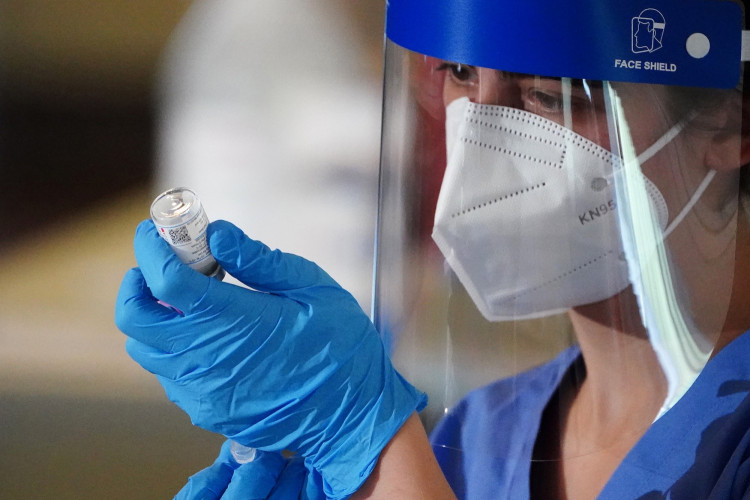Moderna released preliminary findings on Tuesday indicating that its vaccine is likely to succeed against several variants of concern, including the Delta variant, which is expected to become the dominant variant in the U.S.
The data is preliminary yet promising, even though it has not yet been peer-reviewed.
In the tests, scientists collected blood samples from people who had already been vaccinated and tested them in a laboratory against variants. This type of experiment can provide a reasonable estimate of whether the vaccine will be effective against a new variant.
Neutralizing antibody titers, a type of blood test that evaluates the presence and level (titer) of antibodies in the blood, showed that the Moderna vaccine worked against all variants. This test is used to determine whether the body's immune system is responding to foreign invaders (antigens).
Some of the variants, including Delta, Beta and Gamma, showed a slight decrease in neutralizing antibody titers, but scientists say this isn't enough to forgo the vaccine.
This type of experiment does not indicate an exact percentage of how effective Moderna's vaccine is likely to be against each variant.
A previous real-world study from the U.K. found that the Pfizer vaccine, which uses a similar mRNA technology, was 88% successful in terms of protecting people against symptomatic disease against the Delta variant.
Taken together, these findings indicate that mRNA vaccines are effective against the Delta variant.
Moderna's shares rose more than 6% in intraday trading after the test results were announced.
"We remain committed to studying emerging variants, generating data and sharing it as it becomes available," Moderna CEO Stephane Bancel said in a news release. "These new data are encouraging and reinforce our belief that the Moderna COVID-19 Vaccine should remain protective against newly detected variants."






